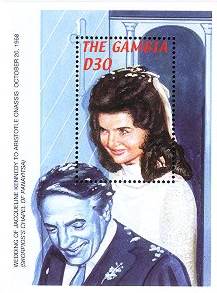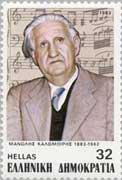|
|
 Smyrna (in Greek "Σμύρνη"; see also List of traditional Greek place names) (now Izmir, Turkey) was settled at the beginning of the 3rd millennium BC. Throughout Antiquity it was the early leading city-state of Greek ]. Mark Prentiss, an American industrial engineer, stated that : "Many of us personally saw-and are ready to affirm the statement-Turkish soldiers often directed by officers throwing petroleum in the streets and houses. Vice-Consul Barnes watched a Turkish officer leisurely fire the Custom House and the Passport Bureau while at least fifty Turkish soldiers stood by. Major Davis saw Turkish soldiers throwing oil in many houses. The Navy patrol reported seeing a complete horsehoe of fires started by the Turks around the American school." But after being instructed by his superiors, he changed his version and stated that he saw no petroleum being poured. Furthermore, Prentiss in his last version(sent to Adm. Bristol as a form of a manuscript) claims that Paul Grescovitch, Chief of the Smyrna Fire Department, found evidence to suggest that Armenians were the source of the fire, while Dobkin cites references from the fire department accusing the Turks. Following the success of the nationalist movement, the Treaty of Sevres was revoked and the Treaty of Lausanne was signed, marking the end of the Greco-Turkish War and incorporating the city of Smyrna, now Izmir, into modern day Turkey. Persons Greeks
Turks
Others
Links Sources
Retrieved from "http://en.wikipedia.org/"
 |
|
||||||||||||||||||||






